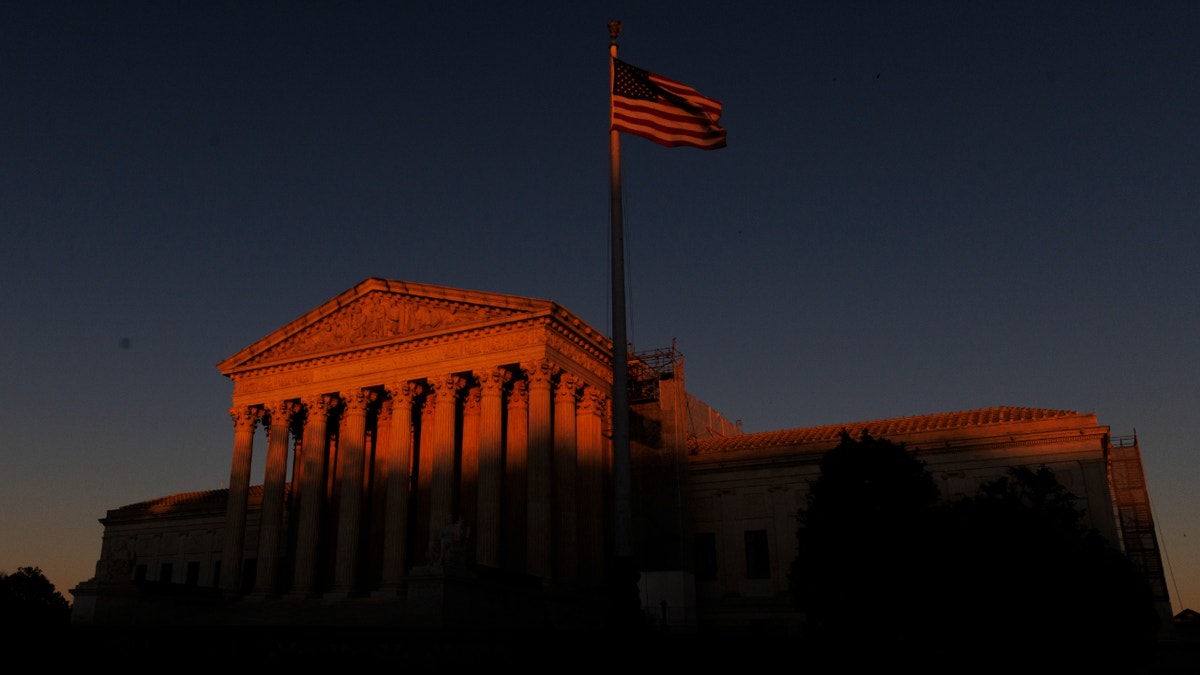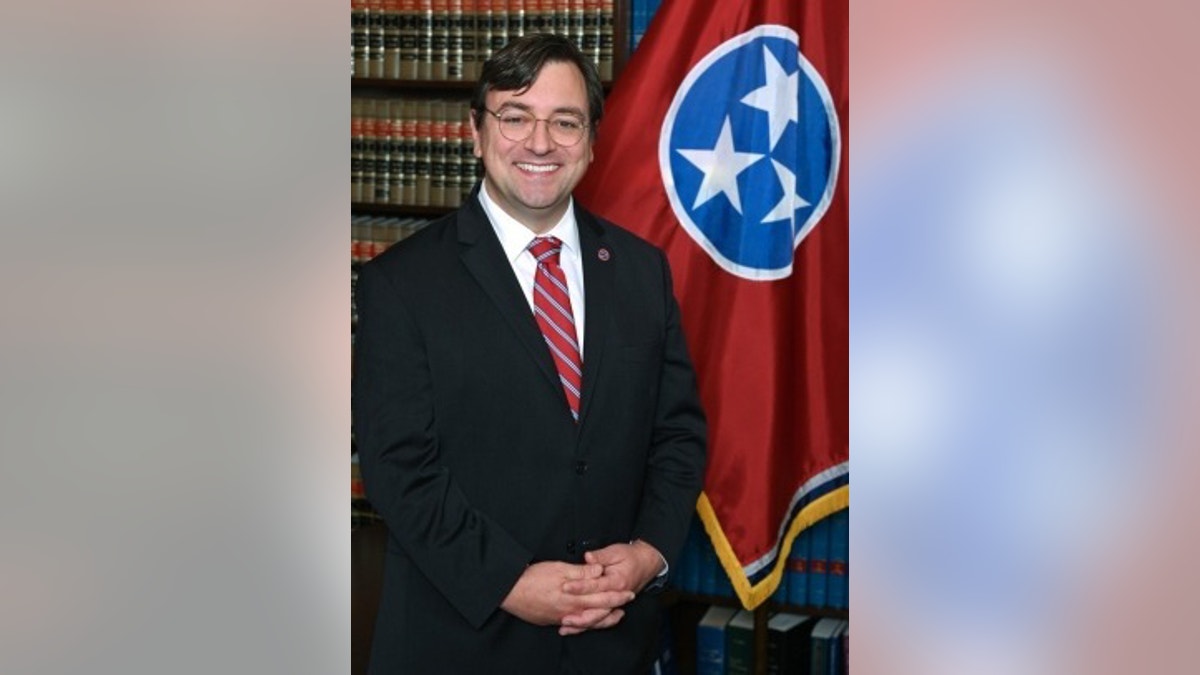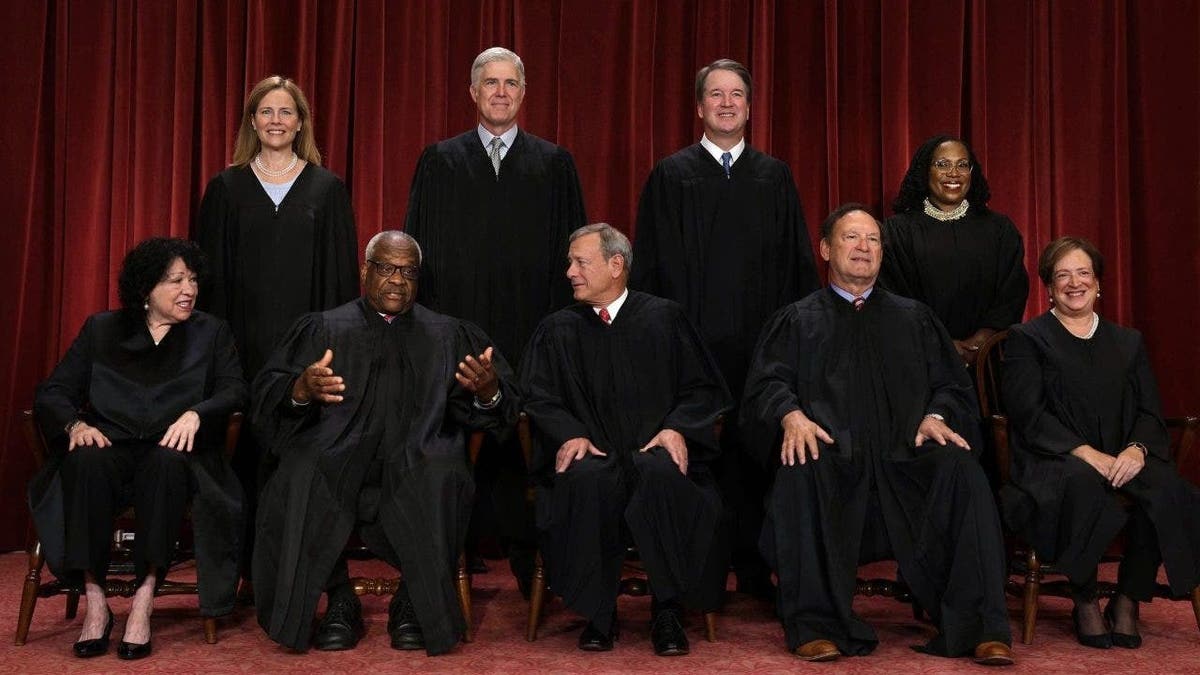A contentious debate unfolded before the Supreme Court on Wednesday, centering on the legality of state laws that prohibit medical interventions for gender transition in minors. The justices engaged in a lengthy oral argument session, grappling with the constitutional implications of these laws, particularly in relation to transgender rights.
The core question revolves around whether these state laws violate the equal protection clause by preventing medical professionals from providing puberty blockers and hormones to minors seeking gender transition. The arguments presented touched upon the potential ramifications of the court's decision, extending beyond medical treatments to encompass issues like bathroom access and participation in school sports for transgender individuals. The ruling could also establish a legal precedent for future disputes concerning LGBTQ+ rights and the classification of sexual orientation as a protected characteristic.

The Supreme Court building. (Aaron Schwartz/SIPA USA)
Justice Samuel Alito questioned the purported benefits of such medical interventions, citing research from Great Britain and Sweden that highlighted potential negative outcomes. Conversely, Justice Sonia Sotomayor emphasized the distress experienced by some children with gender dysphoria, including suicidal ideation, and questioned the state's authority to overrule the decisions of parents, patients, and doctors in these cases. Justice Brett Kavanaugh underscored the challenge facing the court in weighing the competing risks associated with allowing or denying these treatments.
Chief Justice John Roberts, while having previously voted in favor of transgender rights in a workplace discrimination case, suggested that state legislatures might be better equipped to address these complex medical regulations. He expressed this sentiment to ACLU lawyer Chase Strangio, the first openly transgender attorney to argue before the Supreme Court, who represented the transgender minors, parents, and a doctor challenging the Tennessee law.

Tennessee Attorney General Jonathan Skrmetti (AG Jonathan Skrmetti/Fox News Digital)
Representing the Biden administration, U.S. Solicitor General Prelogar argued that the state laws constitute sex discrimination, as a minor's gender is a determining factor in accessing specific medical treatments. She highlighted the potential benefits of this "medically necessary care" in mitigating distress and suicidality, citing the case of plaintiff Ryan, who attributed such treatment to saving his life. Prelogar's position aligns with the endorsements of medical organizations like the American Medical Association, the American Academy of Pediatrics, and the American Psychiatric Association.

U.S. Supreme Court Justices (Alex Wong/Getty Images)
Tennessee Attorney General Jonathan Skrmetti defended the state's law, asserting its constitutional right to protect children from what he termed "unproven, life-altering procedures based on uncertain science." He emphasized the law's distinction between minors seeking gender transition treatments and those requiring medication for other medical conditions. Much of the court's deliberation focused on whether the laws were applied equally to both genders and the extent of the state's authority to regulate medical treatments for minors.
Justice Elena Kagan expressed skepticism about the state's position, arguing that the law's focus on medical purpose was a pretext, as the underlying issue is inherently about sex. She voiced concern that the law sends a negative message about transgender youth. The court's decision, expected by late June 2025, will have significant implications for transgender rights and access to medical care for minors.
Comments(0)
Top Comments